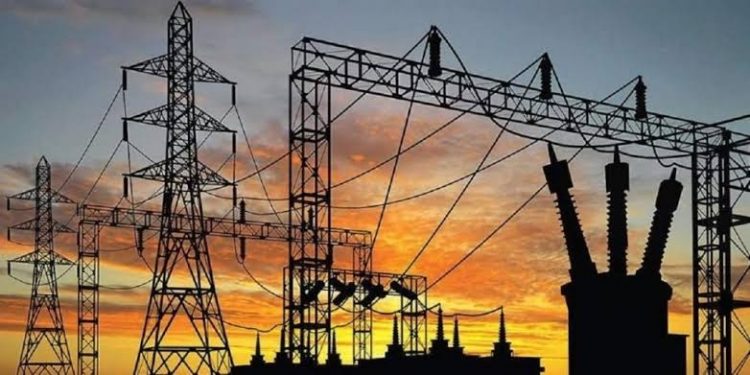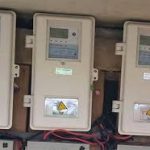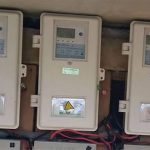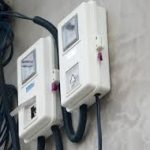Electricity distribution companies (DisCos) across Nigeria reported a significant revenue boost in August 2024, collecting N168.7 billion, which represents an impressive collection efficiency rate of 80.91%. The Nigeria Electricity Regulatory Commission (NERC) published a detailed fact sheet outlining the performance of these companies for the month, indicating that total billings to customers reached N208.5 billion.
Ikeja DisCo emerged as the top performer, generating N35.27 billion in revenue with a remarkable billing efficiency rate of 104.01%. Following closely, Eko DisCo achieved a billing efficiency of 89.04%, resulting in revenue of N26.37 billion. Abuja DisCo secured the third position, collecting N26.96 billion while maintaining a billing efficiency rate of 80.63%.
On the other end of the spectrum, Jos DisCo recorded the lowest collection efficiency among the DisCos, with a rate of 50.69%. Yola DisCo followed with a collection efficiency of 52.06%, while Kaduna DisCo had a rate of 57.16%. In terms of revenue, Yola, Jos, and Kaduna DisCos reported collections of N1.97 billion, N5.23 billion, and N5.2 billion, respectively.
Energy Billing Efficiency Highlights
The NERC report also shed light on the energy billing efficiency of the 11 electricity distribution companies. Collectively, these DisCos received 2,561.28 GWh of electricity but billed only 2,110.53 GWh, which translates to an overall energy billing efficiency of 82.4%. Ibadan DisCo led the way with the highest billing efficiency rate of 90.35%, successfully billing 153 GWh out of the 160 GWh received. Eko and Yola DisCos followed, achieving billing efficiencies of 89.87% and 88.74%, respectively.
Conversely, Enugu DisCo, Jos DisCo, and Kaduna DisCo reported the lowest energy billing efficiency rates at 74.66%, 65.35%, and 62.31%, respectively, indicating significant room for improvement in these companies.
Implications for the Power Sector
The surge in revenue collection to N168.7 billion marks a crucial development for the Nigerian power sector, reflecting improved liquidity and operational performance among the DisCos. With collection efficiency nearing 90%, this improvement signifies a reduced dependence on federal government bailouts and subsidies, which have historically been necessary for the sector’s survival. Following the removal of electricity subsidies for Band A customers, Minister of Power Adebayo Adelabu revealed that the government now saves approximately N1.4 trillion annually, which can be redirected to other pressing needs in the sector.
However, the Nigerian power sector still grapples with substantial challenges. Issues such as underinvestment, outdated infrastructure, and persistent liquidity constraints continue to hinder the DisCos’ ability to meet the growing demand for electricity efficiently. Many companies are struggling to secure adequate funding to upgrade their networks, enhance metering systems, and minimize power losses. These operational inefficiencies ultimately impede the sector’s capacity to deliver the reliability and quality of service expected by consumers.
To address these ongoing challenges, the current administration under President Tinubu has launched a comprehensive reform agenda aimed at revitalizing the power sector. Minister Adelabu has reiterated the government’s commitment to completely phasing out electricity subsidies and ensuring that tariffs accurately reflect the actual costs of electricity generation and distribution. This reform initiative seeks to promote a transparent pricing structure that encourages efficiency and sustainability within the sector.
Furthermore, the reform plan includes strategies to attract private investment into the electricity sector, which is essential for boosting capacity and improving service delivery. The government aims to create a more conducive environment for private players, enabling them to participate effectively in electricity distribution and generation.
The overarching goal of these reforms is to establish a sustainable electricity market that fosters competition, enhances efficiency, and guarantees an uninterrupted power supply for consumers across Nigeria. This will not only improve the quality of life for citizens but also support the growth of small and medium enterprises (SMEs) and other businesses that rely on a stable power supply for their operations.
As the Nigerian power sector navigates these critical reforms, stakeholders and consumers alike will be watching closely to see how these initiatives transform the landscape of electricity distribution and consumption in the country.










